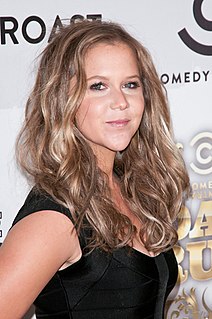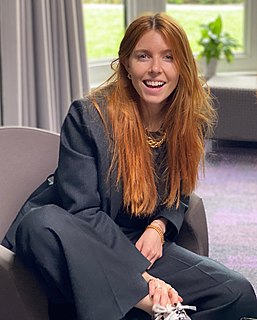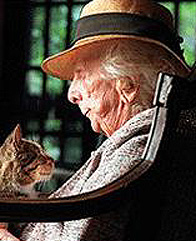A Quote by Jose Andres
Food is about making an interaction with ingredients. If you talk to them, they will always tell you a story.
Related Quotes
It's a really unique situation where you just - you make independent films or you make big blockbuster movies, but it's very rare when all of those ingredients come together, and you can really tell a story that you care about with a character you absolutely love with the people you love making movies with.
I don't ask my students to have studied film or any education in general. What I ask them is to come and sit and tell me a story, and the way they choose it and tell it, for me, the best criteria for whether they are right for making films. There's nothing more important than being able to tell your story orally.




































